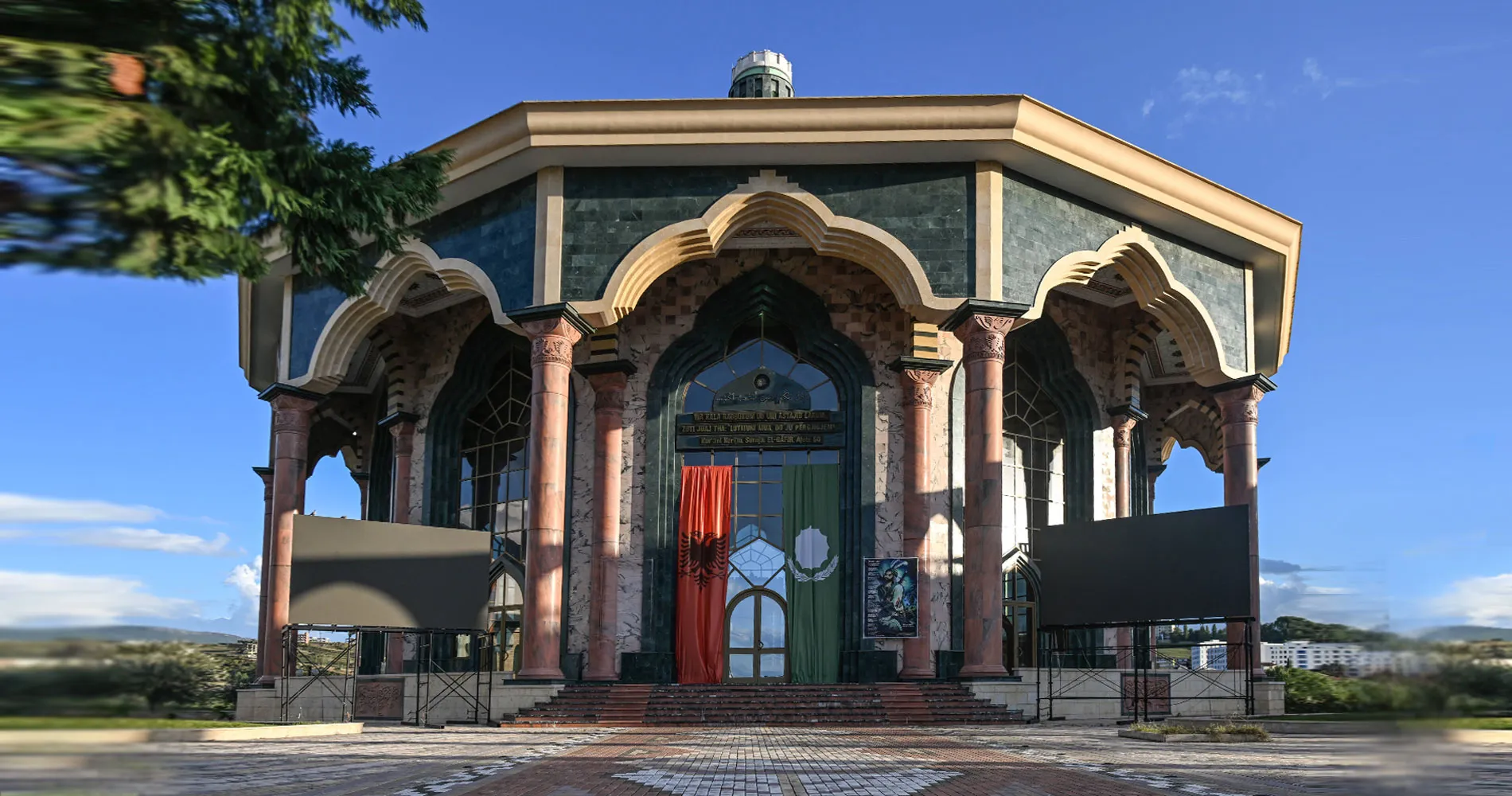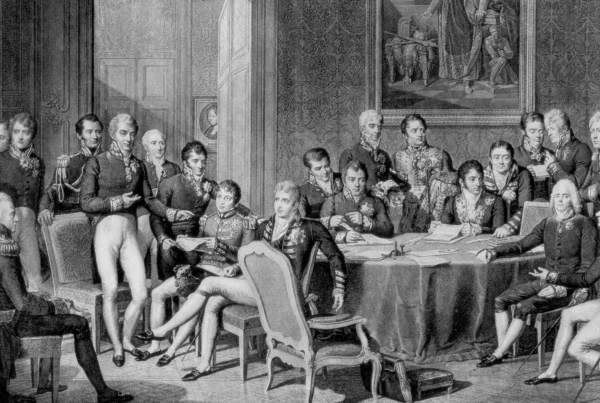Could Albania’s plan to create a Vatican-style microstate in Tirana for the Bektashi Order revolutionize religious freedom or is it a political distraction from growing unrest in the country? Will this unprecedented move be a model for peaceful coexistence between religion and state or will it open the door to governance challenges and favoritism?
Meric Sentuna Kalaycioglu
5 December 2024
Arabic version | Chinese version | French version | Spanish version
Albania’s Prime Minister Rama could be attempting to divert attention away from growing political and social unrest in the country by proposing the creation of a microstate within Tirana, Albania’s capital city. Since coming to power in 2013, Rama has seen a wave of protests, with demonstrators calling for his resignation amid allegations of corruption and authoritarianism. These protests have intensified, with clashes erupting between police and demonstrators in Tirana. Could this move be a strategic distraction, a way to portray Albania as a champion of religious freedom and tolerance while downplaying the government’s failures?
The new sovereign microstate within Tirana is modeled after the Vatican, the seat of the Roman Catholic Church. It will be the headquarters for the Bektashi Order, a Sufi Muslim sect with deep historical roots in the region. Prime Minister Edi Rama announced the initiative on 21 September 2024, hailing it as a historic milestone that would provide the Bektashi Order with an unprecedented level of autonomy. During a speech at the UN General Assembly on 22 September, Rama described the microstate as: “a new center of moderation, tolerance and peaceful coexistence.”
However, this ambitious plan raises several complex questions about the relation of sovereignty, religion and governance. The project, envisioned by Muslim cleric Edmond Brahimaj, also known as Baba Mondi in Albania, aims to grant the Bektashi community a unique status similar to that of the Vatican in Rome, functioning independently within Albania. The microstate, spanning 27 acres in the heart of Tirana, would have its own governance structures and possibly issue its own passports, a first in the Muslim world.
The Bektashi Order, which blends Islamic elements with local traditions and mysticism, dates back to the 13th century and has long been centered in Albania. Despite facing persecution at various points in its history, the sect has maintained a significant presence, especially in the Balkans and among its diaspora. For Prime Minister Rama, this initiative could bolster Albania’s image as a pluralistic society that champions religious freedom in a region often marred by religious tensions.
While the plan has been met with praise from scholars such as Dr. Albert Rakipi, Chairman of the Albanian Institute for International Studies, as a creative solution to promote religious tolerance, the critical question of whether Albania can balance the microstate’s sovereignty with its national laws remains. In a predominantly secular country, the creation of a religious microstate could raise concerns about favoritism, potentially fueling further divisions within society. Additionally, opposition to the plan has emerged beyond Albania’s borders, with Serbia’s Muslim community expressing strong disapproval, arguing that such a microstate is part of a plan by Edi Rama to strengthen pan-Albanianism. Bektashis in Turkey have also voiced criticism of the proposal, arguing that the concept of statehood is incompatible with the principles of Bektashism.
The idea of a “Sovereign State of the Bektashi” may offer a theoretical model for peaceful coexistence between religion and state, but its practical execution poses significant risks. While the Vatican model has worked well for Catholicism, replicating it for a small Sufi sect within a Muslim-majority nation is unprecedented. Moreover, the initiative comes at a time when Albania is grappling with mounting internal challenges, prompting questions about the real motivation behind the plan.







